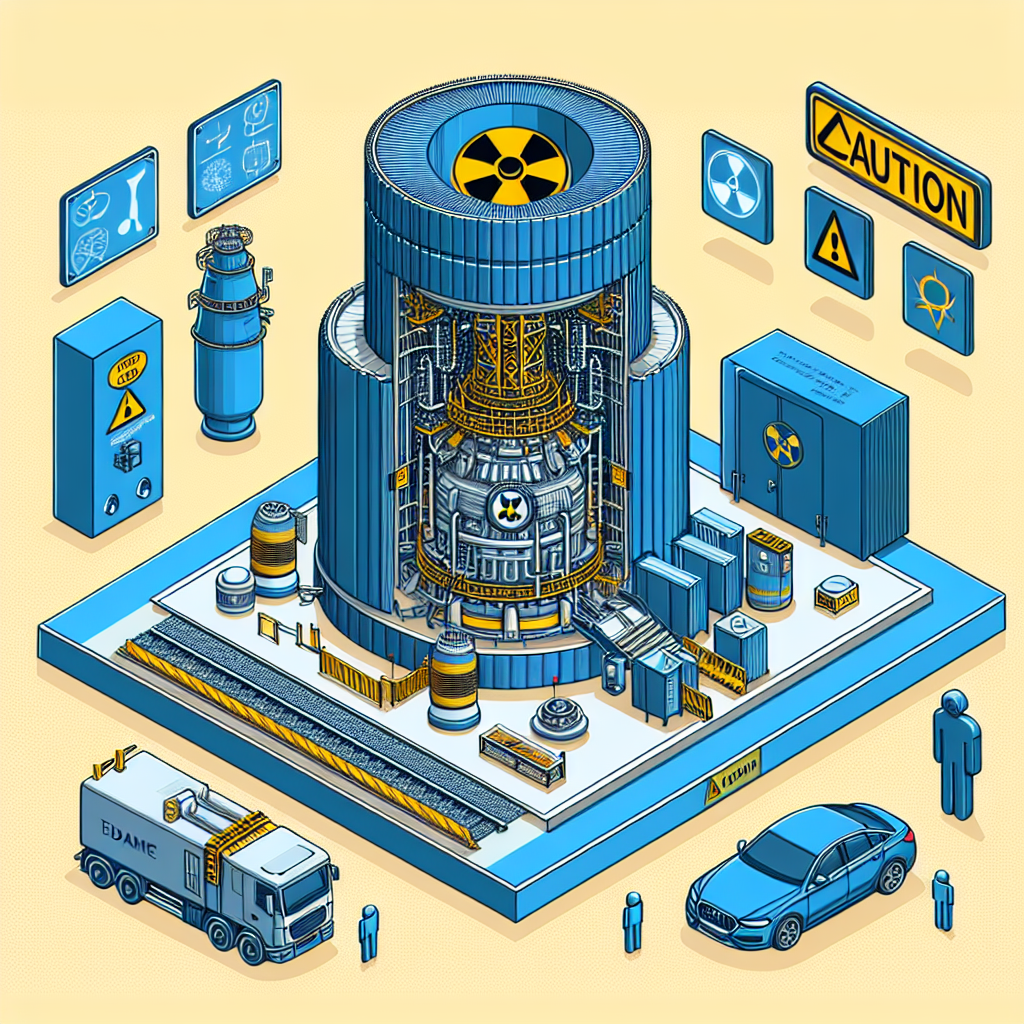Virginia Explores Small Nuclear Reactors to Meet Electricity Demands
Virginia's largest utility is considering small nuclear reactors to satisfy growing electricity needs and reduce greenhouse gas emissions. While a project in Idaho was terminated, interest in SMRs is increasing with pilot projects in Tennessee and Wyoming. Critics cite high costs and waste concerns, but proponents believe SMRs are a viable solution.

- Country:
- United States
Virginia's largest utility announced on Wednesday its intent to explore the feasibility of using small nuclear reactors to meet increasing electricity demands and mitigate greenhouse gas emissions.
Nuclear power is gaining traction as a viable alternative to coal, oil, and other fossil fuels, especially with the new generation of more affordable and quicker-to-deploy smaller reactors. However, no small modular reactors (SMRs) are currently operational in the US.
Despite setbacks like the termination of an Idaho SMR project last year due to cost hikes and lack of subscribers, interest remains strong. Pilot projects in Tennessee and Wyoming, including one backed by Bill Gates, are underway.
Dominion Energy Virginia has solicited proposals to evaluate SMR development at its North Anna nuclear plant near Richmond.
During a press conference at the site, Dominion CEO Robert Blue highlighted that nuclear power already constitutes 90% of Virginia's carbon-free electricity. A new state law authorizes Dominion to explore SMR usage, capping associated costs at USD 1.4 per month for typical residential customers, though Blue anticipates a lower cost impact.
Virginia has legislated a target for 100% carbon-free electricity by 2050. Governor Glenn Youngkin emphasized the necessity of integrating various technologies, including SMRs, to achieve this goal.
While Democratic-led states express reservations due to high costs and safety concerns, proponents argue that SMRs are crucial for the future's energy mix. However, some environmentalists note that SMRs may generate more waste than traditional reactors.
Interest in SMRs is on the rise, with the Nuclear Regulatory Commission certifying a design from NuScale Power in January 2023. Even though an Idaho project was canceled, the certified design remains available for other companies.
The NRC is also reviewing other SMR designs, including a test version by Kairos Power in Tennessee and a commercial plant by TerraPower in Wyoming, chaired by Bill Gates.
(With inputs from agencies.)
ALSO READ
India's Nuclear Power Surge: A Vision for 2047
Sweden's Nuclear Power Investment: A Government-Backed Boost
Sweden's Nuclear Power Revival: State Support Fuels Future Construction
Global Uranium Resources Sufficient for Nuclear Power Growth Through 2050 and Beyond
India Eyes Nuclear Power Expansion with Liability Law Amendments










